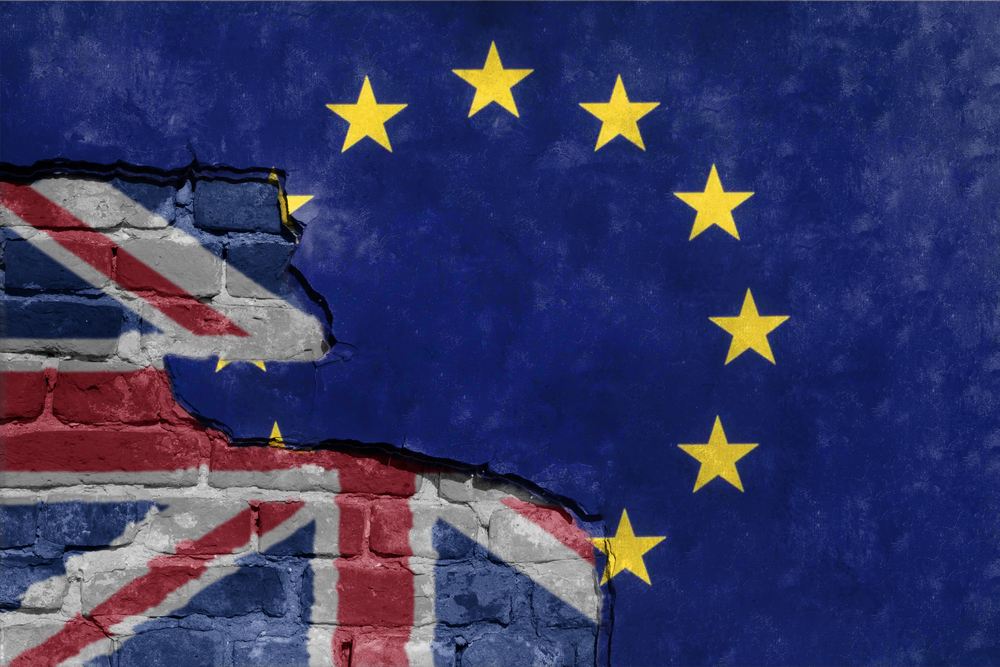Experienced Investor
Article 50: ‘Biggest risk for investors is playing it too safe’

With prime minister Theresa May triggering Article 50 today, formally beginning the UK’s departure from the European Union, investors may be feeling a sense of anxiety.
But playing it too safe could be the biggest risk for such investors, according to one fund manager.
Stephen Jones, chief investment officer of Kames Capital, who oversees a range of fixed income, property, equity and multi-asset funds, said investors risk missing out on attractive investment opportunities by overweighting cash in their portfolios.
“The biggest risk right now is that investors over-worry about disruptive events of financial crises that are unlikely to happen and play it too safe in their asset allocation,” he said.
“Cash is a wasting asset against a backdrop that is both higher growth and higher inflation.”
Jones, who favours equities, high yield bonds and relative value plays over “ultra-defensive type assets”, said investors who fear taking more risk should take comfort from the support markets and economies continue to receive from the majority of central banks and governments globally.
He said: “We are only now beginning to see interest rates rise from one central bank [the US Fed]; the others are happy to keep the accelerator pressed as near to the floor as they dare, certainly for the next couple of quarters.
“Let’s not forgot rate rises are confirmation that things are getting better, and we do not expect the US economy to miss a beat in the face of those rate rises.”
Adrian Lowcock, investment director at Architas, said the best way for investors to protect their portfolios against volatility caused by Brexit and the triggering of Article 50 is to be diversified and in particular have exposure to international equities, which should rise in value for UK investors if the pound falls.
He said: “Closer to home there are companies and sectors which will be better insulated against a weaker pound and a weaker UK economy. Companies in sectors with international earnings, which have a global presence and are not particularly sensitive to changes in economic conditions, such as tobacco, pharmaceuticals, consumer staples and technology may help provide some protection against any disruption caused.”
Michelle McGrade, chief investment officer at TD Direct Investing, said: “We stick to our message that investors should continue to focus on their long-term goals, stop being blinkered by politics and focus on the fundamentals – either by ignoring short-term performance wobbles or taking advantage of them by adding to their investments.”